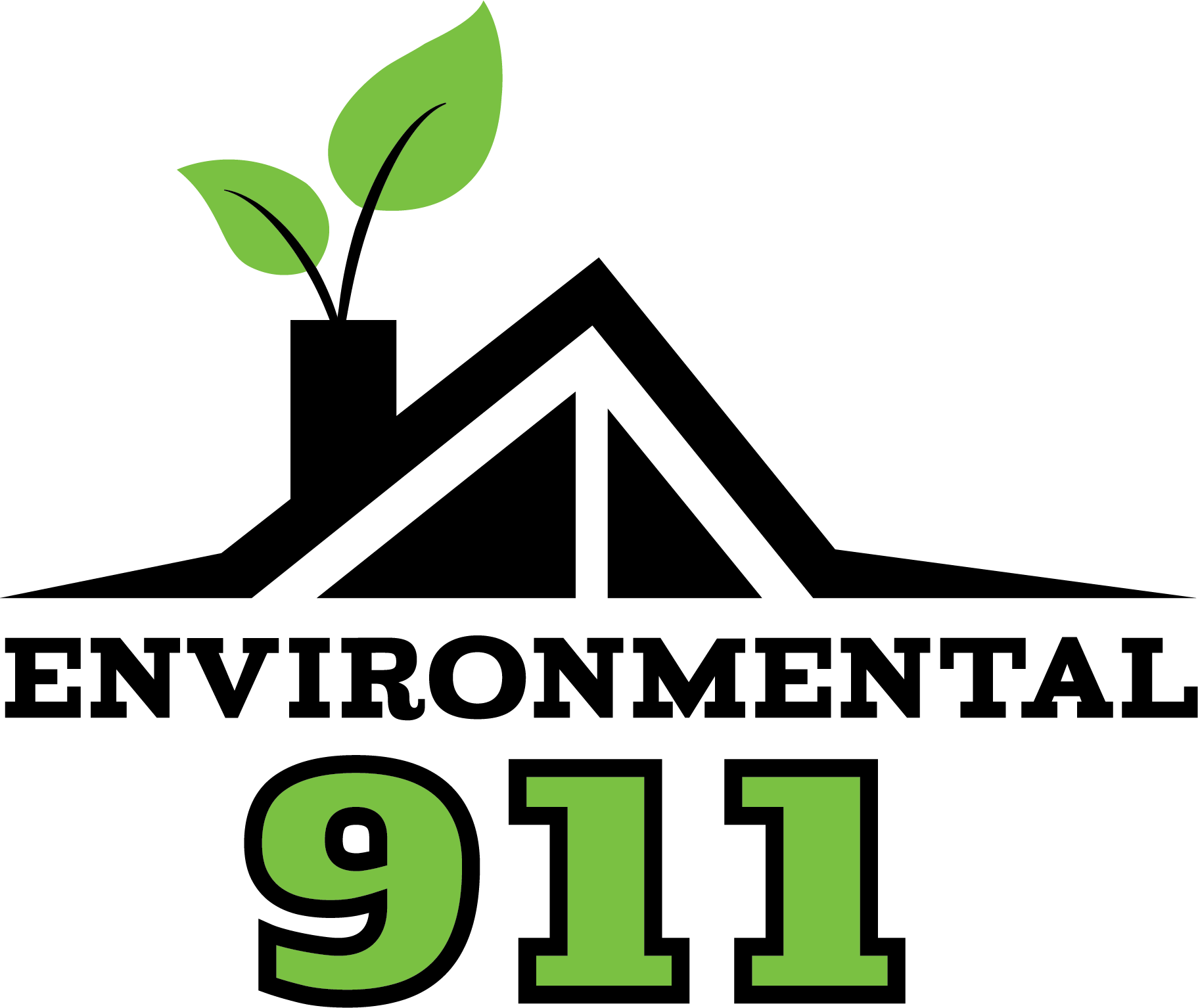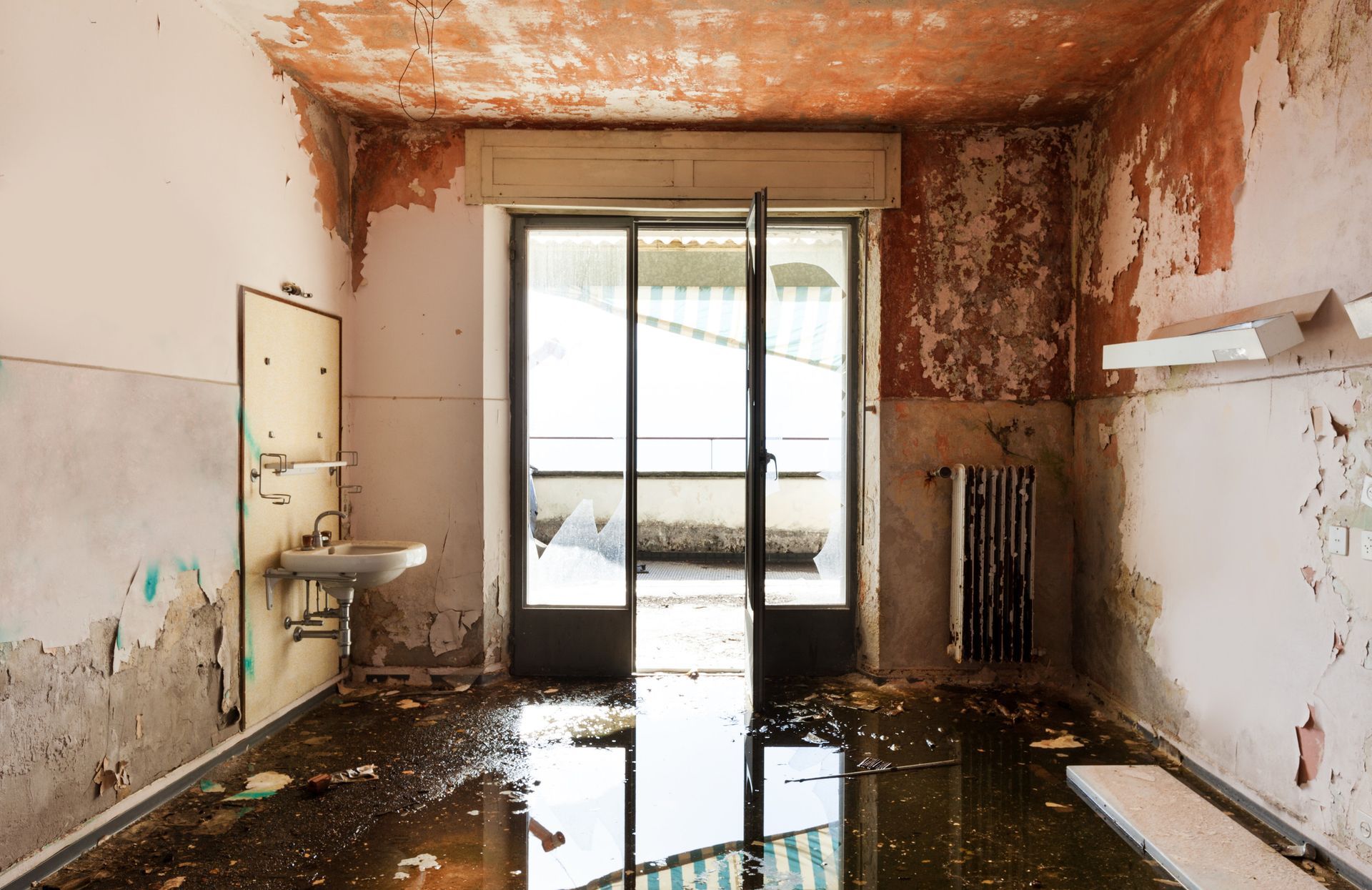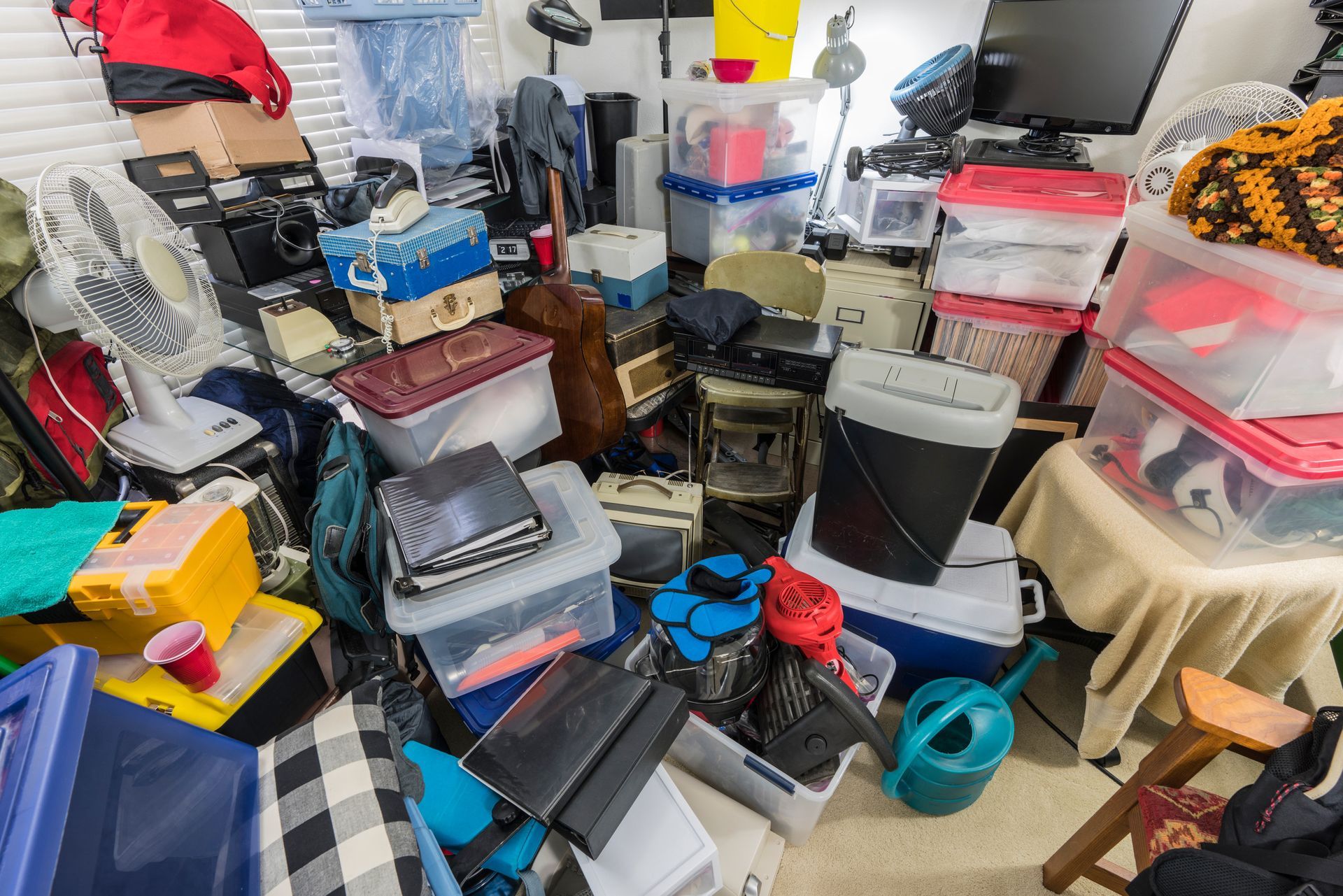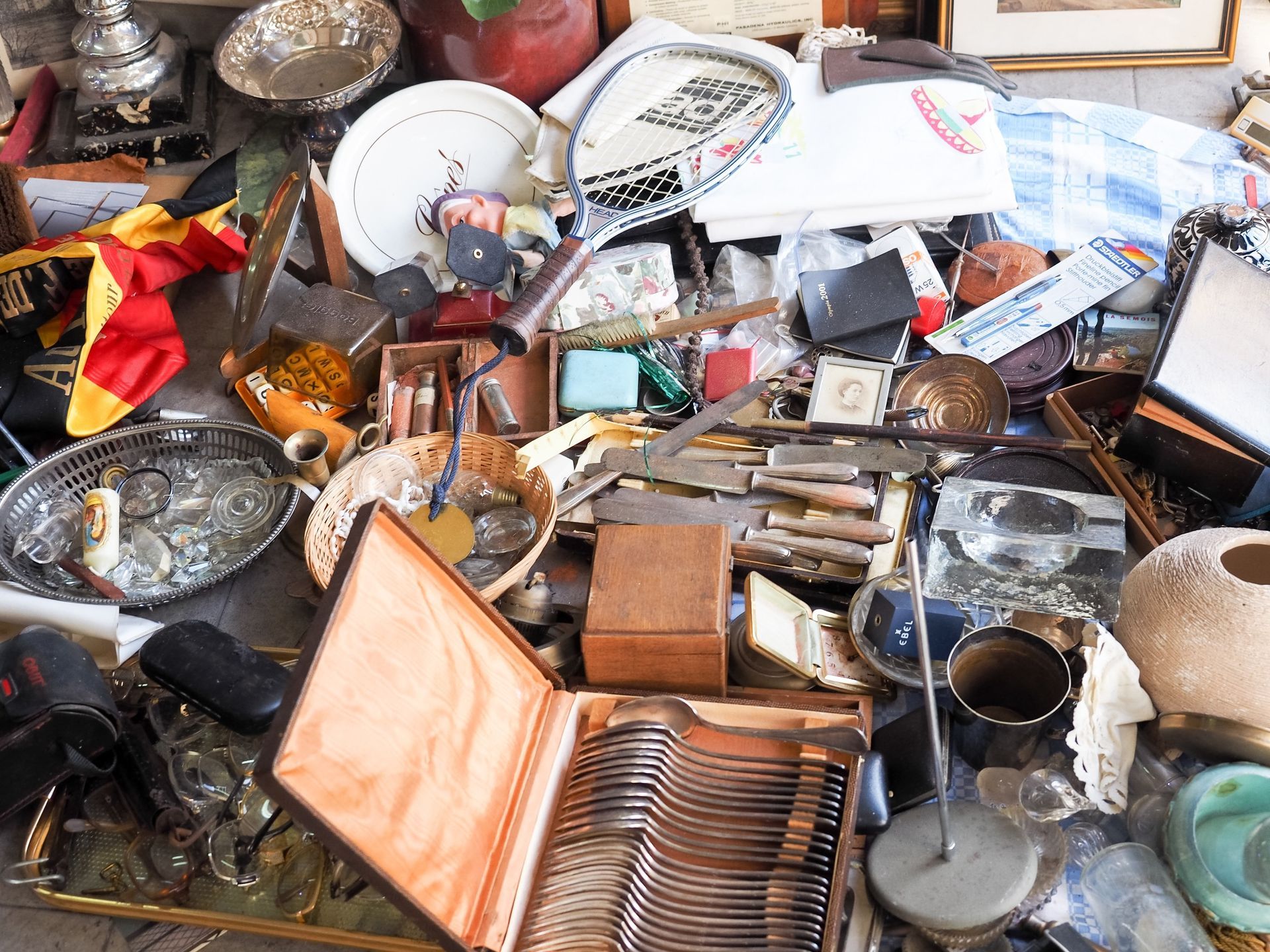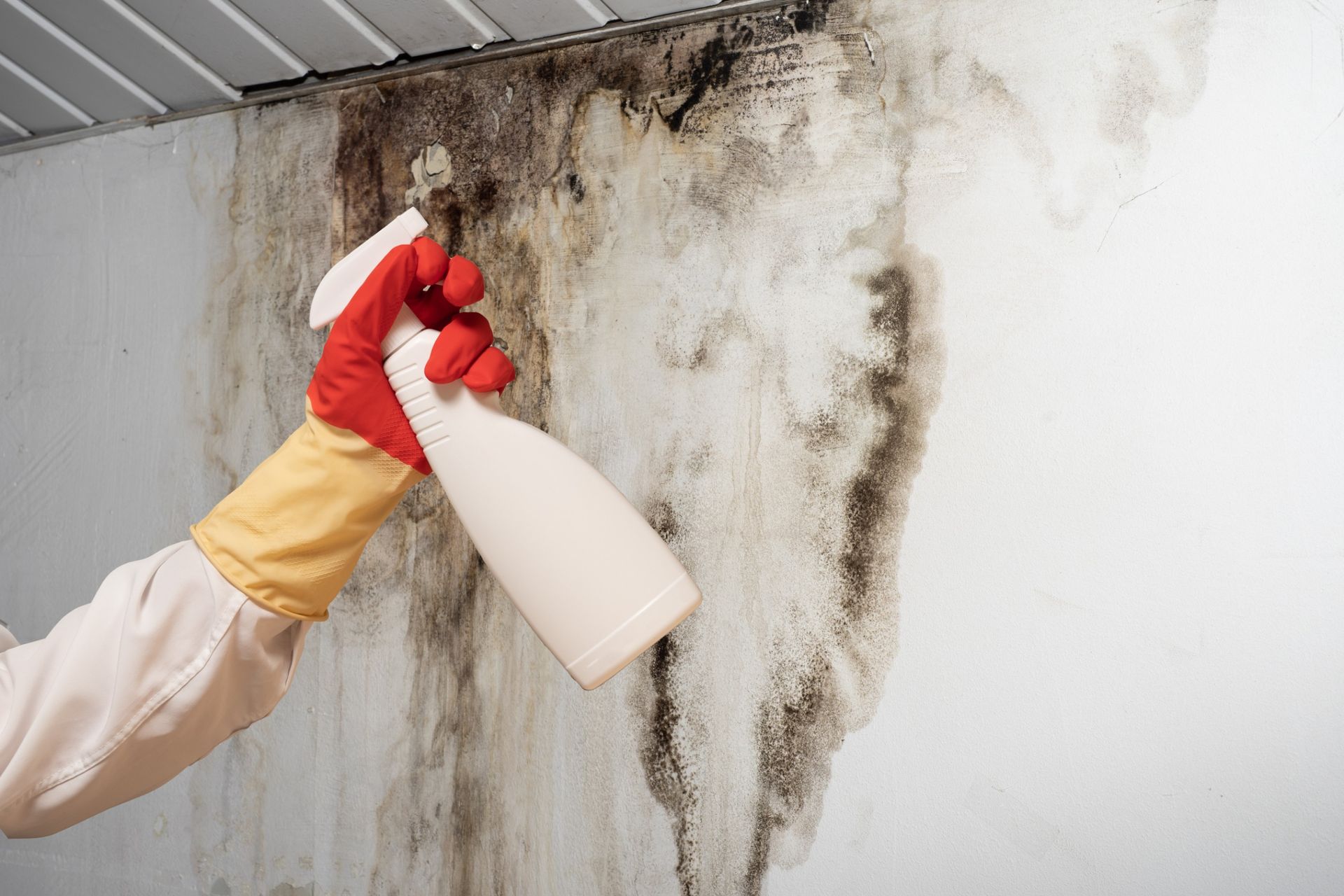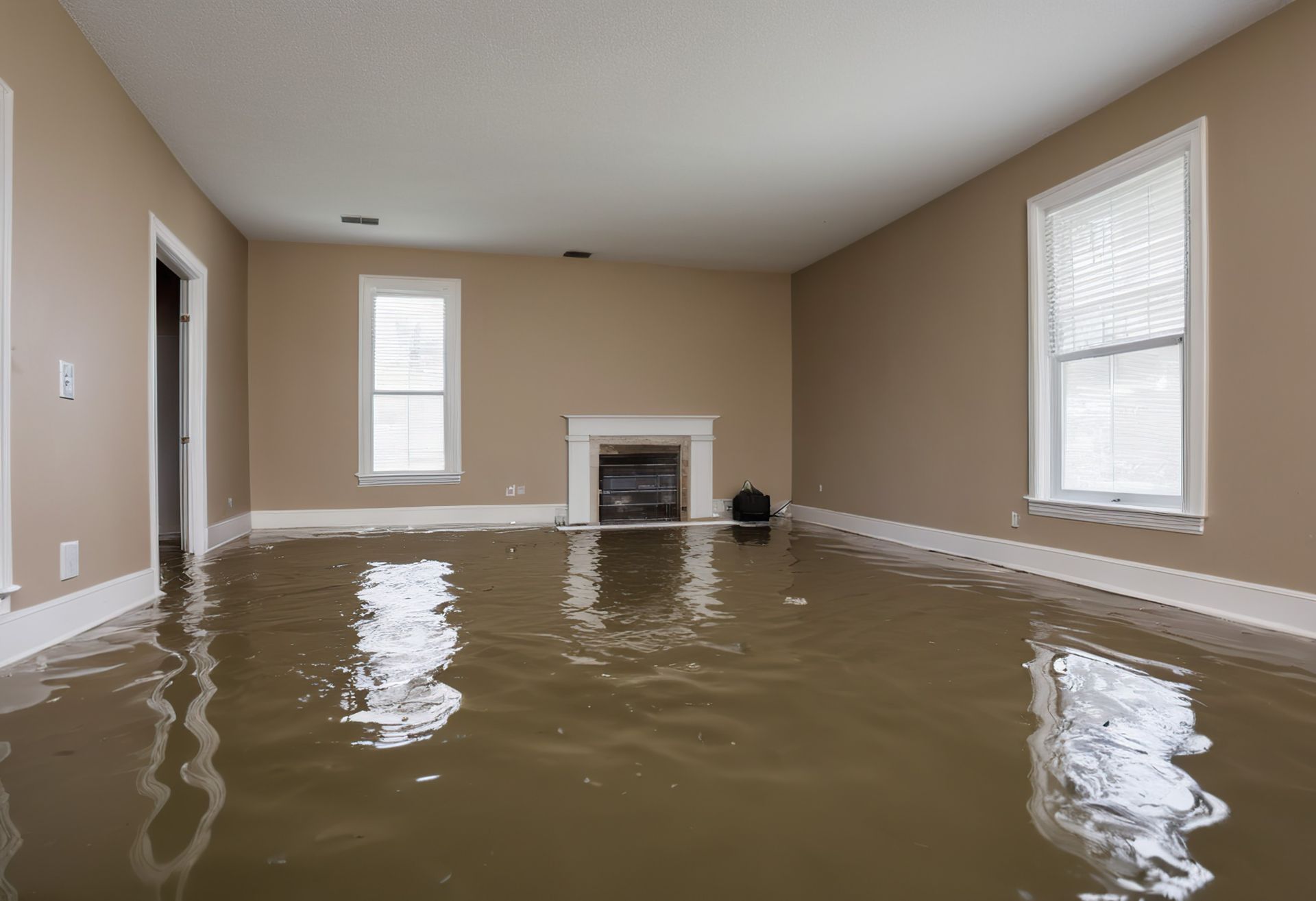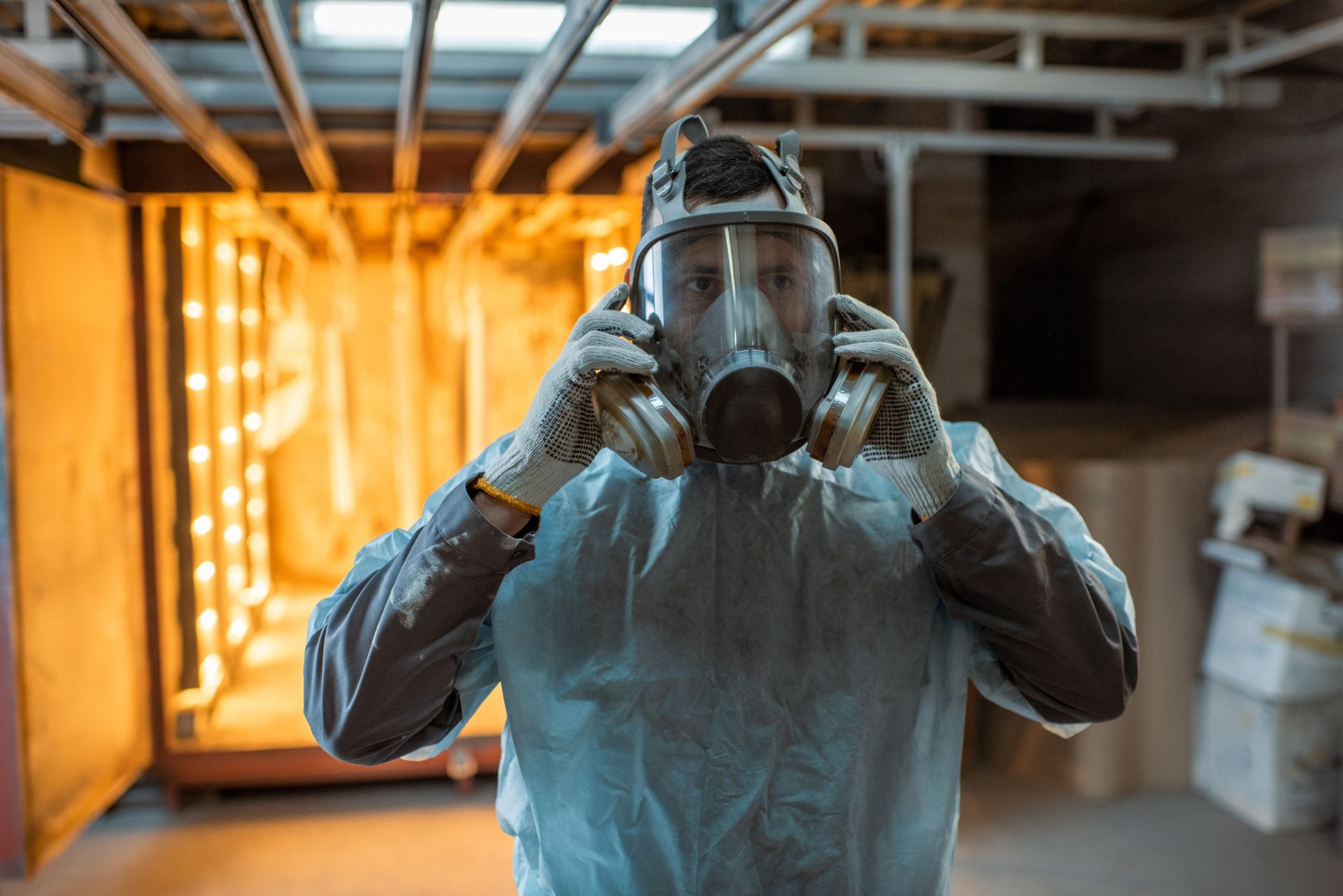Environmental 911
Conquering Clutter The Ultimate Hoarding Cleanup Guide
Hoarding is a complex and often misunderstood condition that affects millions of people worldwide. If you or a loved one is struggling with hoarding, know that you are not alone. This blog aims to provide a comprehensive guide to understanding hoarding, its impact, and practical steps for effective cleanup and support.
Understanding Hoarding Disorder
Hoarding disorder is characterized by the persistent difficulty in discarding or parting with possessions, regardless of their actual value. This behavior
leads to cluttered living spaces, which can significantly impair daily functioning and pose various health and safety risks.
The Psychological Roots of Hoarding
Hoarding is not merely about accumulating items; it is deeply rooted in psychological factors. People who hoard often have strong attachments to their possessions, believing they may need them in the future or feeling a sense of security in keeping them. Anxiety, depression, and perfectionism are common underlying issues.
The Emotional Toll
Living in a cluttered environment can take a severe emotional toll. Individuals with hoarding disorder often experience shame, guilt, and isolation. The clutter can strain relationships with family and friends, leading to further emotional distress.
Recognizing the Signs
Early recognition of hoarding behaviors is crucial for intervention. Signs include excessive accumulation of items, difficulty organizing spaces, and reluctance to discard possessions. Understanding these signs can help in seeking timely support and intervention.
The Impact of Hoarding
Hoarding affects not only the individual but also their surroundings and loved ones. It is essential to recognize the broader implications of hoarding to address it effectively.
Health and Safety Risks
Cluttered living spaces can pose significant health and safety hazards. These include fire risks, tripping hazards, and unsanitary conditions that can lead to respiratory issues and infections. Addressing hoarding is crucial for ensuring a safe living environment.
Financial Consequences
Hoarding can also have financial implications. The cost of accumulating items, coupled with potential property damage and legal issues, can strain an individual's finances. Effective cleanup can alleviate some of these financial burdens.
Social Isolation
Hoarding often leads to social isolation, as individuals may feel embarrassed or ashamed to invite others into their homes. This isolation can exacerbate feelings of loneliness and depression, making it even harder to seek help.
Steps for Effective Hoarding Cleanup
Tackling hoarding cleanup requires a structured approach and understanding. Here are practical steps to begin the process and support the individual involved.
Initial Assessment
Before beginning the cleanup, conduct a thorough assessment of the situation. Identify the severity of the clutter, potential hazards, and the individual's willingness to participate in the cleanup process. This assessment will guide the planning and execution of the cleanup.
Creating a Cleanup Plan
Develop a detailed cleanup plan that outlines specific goals, timelines, and resources needed. Break down the process into manageable tasks, focusing on one area at a time. Ensure the individual involved is part of the planning to foster cooperation and motivation.
Sorting and Categorizing
Start by sorting and categorizing items into groups such as keep, donate, discard, and recycle. Use clear labeling and storage solutions to organize items efficiently. Encourage the individual to make decisions about their possessions, providing gentle guidance and support.
Involving Professionals
Professional help can significantly enhance the effectiveness of a hoarding cleanup. Consider enlisting the support of mental health professionals and specialized cleanup services.
Mental Health Support
A mental health professional can provide essential support during the cleanup process. Cognitive-behavioral therapy (CBT) has proven effective in addressing the underlying psychological issues associated with hoarding. Therapists can help individuals develop healthier habits and coping mechanisms.
Professional Cleanup Services
Specialized hoarding cleanup services like Environmental 911 have the expertise and equipment to handle severe hoarding situations. They can manage biohazards, heavy lifting, and thorough cleaning, ensuring a safe and efficient process. Their experience can also provide valuable guidance and support.
Legal and Financial Advice
In some cases, legal and financial issues may arise due to hoarding. Consulting with legal and financial advisors can help address these challenges, ensuring compliance with regulations and managing any financial repercussions.
Maintaining a Clutter-Free Environment
The cleanup process is just the beginning. Maintaining a clutter-free environment requires ongoing effort and support. Here are strategies to help prevent relapse and promote a healthier lifestyle.
Establishing Routines
Developing daily and weekly routines for cleaning and organizing can help maintain a tidy living space. Encourage the individual to set aside time for regular decluttering and to address any new items that enter the home promptly.
Regular Check-ins
Regular check-ins with a mental health professional or support group can provide ongoing encouragement and accountability. These check-ins can help address any emerging issues and reinforce positive habits.
Creating a Support Network
Building a support network of family, friends, and professionals can provide the necessary encouragement and assistance. Encourage open communication and offer help when needed, fostering a sense of community and shared responsibility.
Conclusion
Addressing hoarding is a challenging but essential process for improving the well-being of individuals and their families. By understanding the roots of
hoarding, recognizing its impact, and following a structured cleanup plan, it is possible to create a safer and healthier living environment.
Remember, you are not alone in this journey. Seek professional help, involve supportive friends and family, and take it one step at a time. If you need further assistance, consider booking a consultation with a specialized hoarding cleanup service or a mental health professional. Together, we can conquer clutter and pave the way for a brighter, more organized future.
Take the First Step with Environmental 911
Are you ready to tackle hoarding and reclaim your living space? Environmental 911 is here to help you every step of the way.
Our team of specialized asbestos clean up professionals understands the unique challenges posed by hoarding and is committed to providing compassionate, thorough, and efficient services tailored to your needs.
Don't wait any longer to begin your journey towards a clutter-free life. Are you seeking
fire damage restoration services in Pasadena? Contact Environmental 911 for a consultation and discover how our expertise can make a positive impact on you and your loved ones.
Environmental 911
If you're looking for restoration services in the Pasadena area, look no further. Environmental 911 provides the expert restoration service that your property needs.
Contact Us
2070 E Walnut St,
Pasadena, CA 91107
USA
LICENSE #(626) 316-6651
Quick Links
Services
All Rights Reserved | Environmental 911
